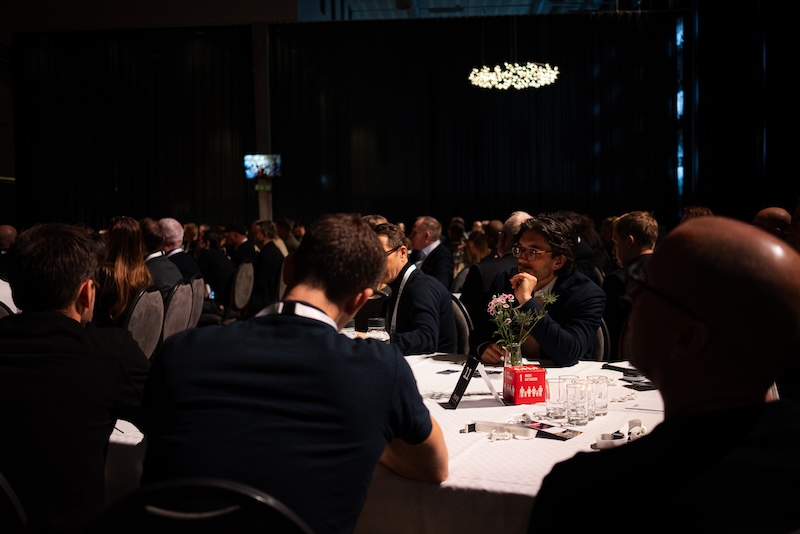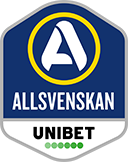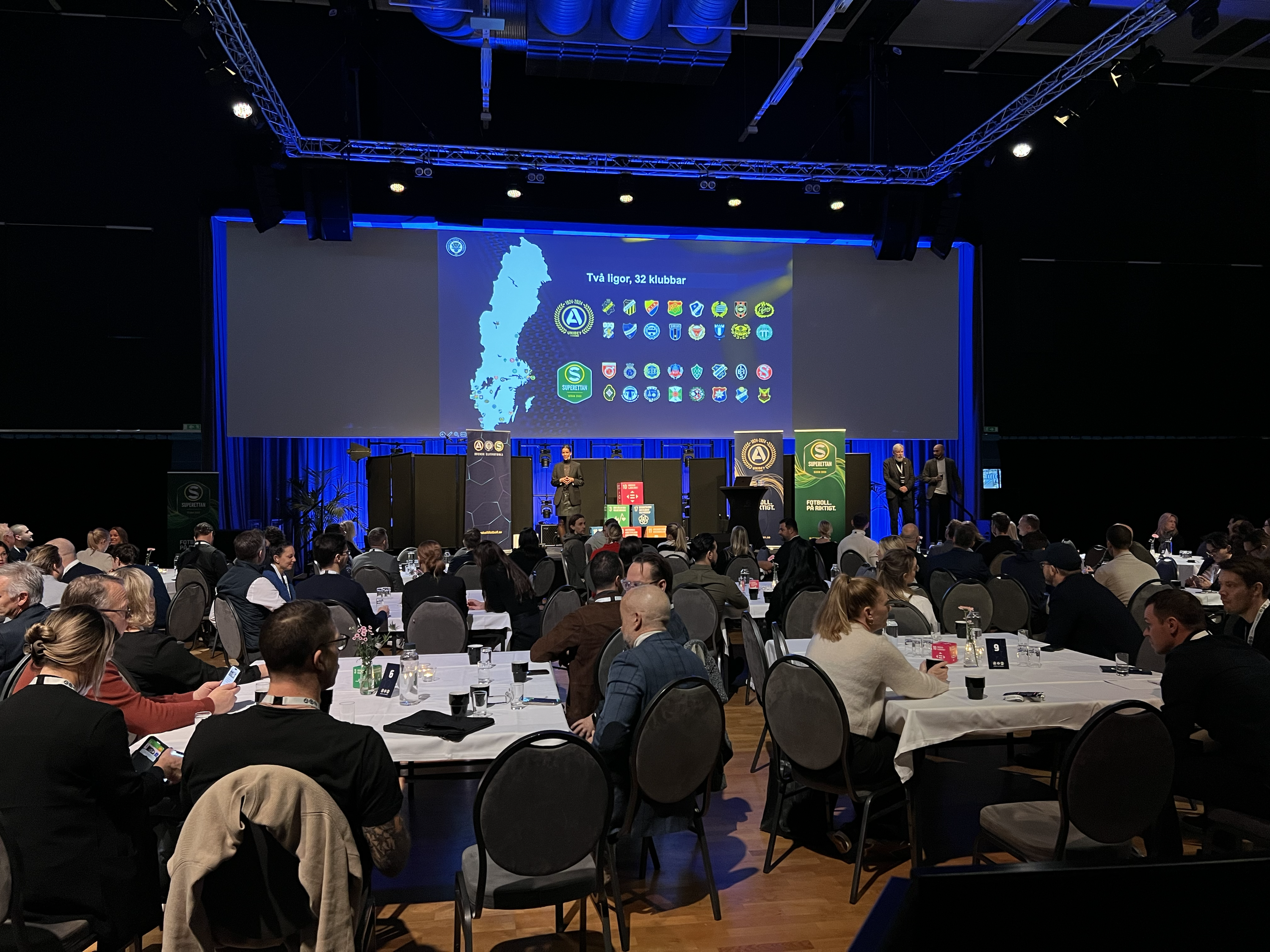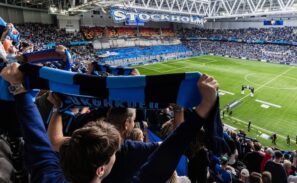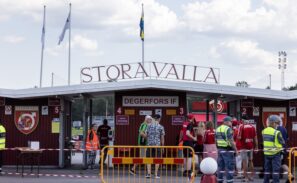The third edition of the Sustainability Arena took place this week at Malmö FF’s facilities. Representatives from 29 of the 32 elite clubs, along with their partners and stakeholders from both the private and public sectors, gathered to discuss football’s role in the local community.
“These two days are all about inspiration and knowledge exchange,” said Beatrice Clarke, Sustainability Manager at Swedish Professional Football Leagues and organizer of the event.
Purpose and Vision
The conference aims to highlight football’s significant role in society.
“With the power of sports and football as a platform, we can build partnerships with the public and private sectors, creating long-term conditions for a more sustainable and inclusive society,” Clarke explained.
She emphasized the growing importance of sustainability within the clubs:
“This year, 29 out of 32 clubs are participating, which shows that sustainability issues are becoming increasingly important. More children and young people want to be part of our community, which means we need to enhance our skills. This platform allows us to do that together with businesses and the public sector.”
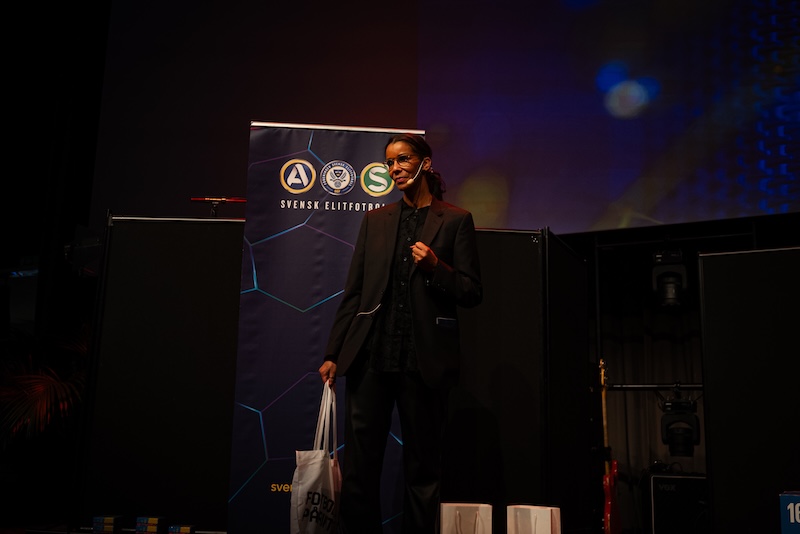
Football’s Broader Role in Society
For over a century, Swedish elite football has brought passion, camaraderie, and joy into people’s lives. While Swedish Professional Football Leagues continues to focus on sports development and competitiveness, it is equally committed to contributing to a more sustainable society and creating role models for future generations. As football’s influence grows, so does its societal engagement, which Svensk Elitfotboll seeks to support and highlight.
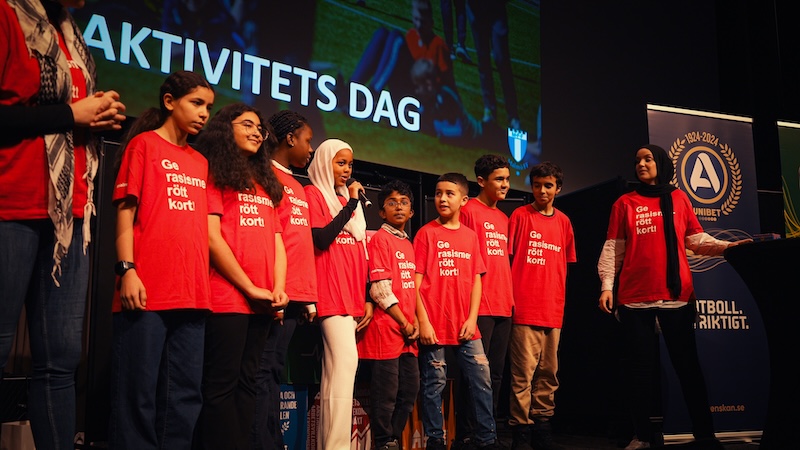
Event Highlights
The two-day event featured a mix of inspirational talks, panel discussions, and group sessions. Among the speakers was Charbel Gabro, named Speaker of the Year 2024, who delivered a talk on “building bridges between slums and high society to eliminate the gaps in between.”
“This is important for us,” said Lisa Lidén, Club Manager at IFK Värnamo. “We often represent the whole community within our clubs and need to understand and learn from each other. It’s crucial that we don’t operate in isolation.”
Participants also heard success stories from the football world. Malmö FF hosted a session on the Children’s Rights Convention and how to collaborate around this important theme.
“It’s great to have everyone in Malmö this year. We get to showcase our arena and our work. It feels like a family gathering to discuss important issues. We also pick up ideas from other clubs that we can adapt to our own work,” said Desiree Almendares Sköld, Head of Social Initiatives at Malmö FF.
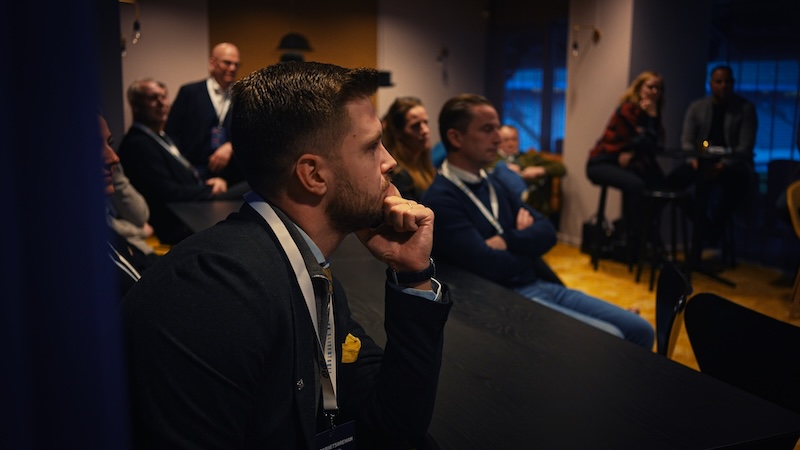
Collaboration Between Football, Business, and Public Sector
On the second day, representatives from the public sector and businesses spoke about the value of partnering with football clubs, while the clubs shared their perspective on these partnerships.
“From a municipal point of view, youth activities are a preventive measure. No one does this better than grassroots sports organizations. There’s a lot to be done in collaboration between sports, business, and the public sector, but it requires all parties to be willing to invest time,” said Staffan Isling, former CEO of the Swedish Association of Local Authorities and Regions (SKR).
